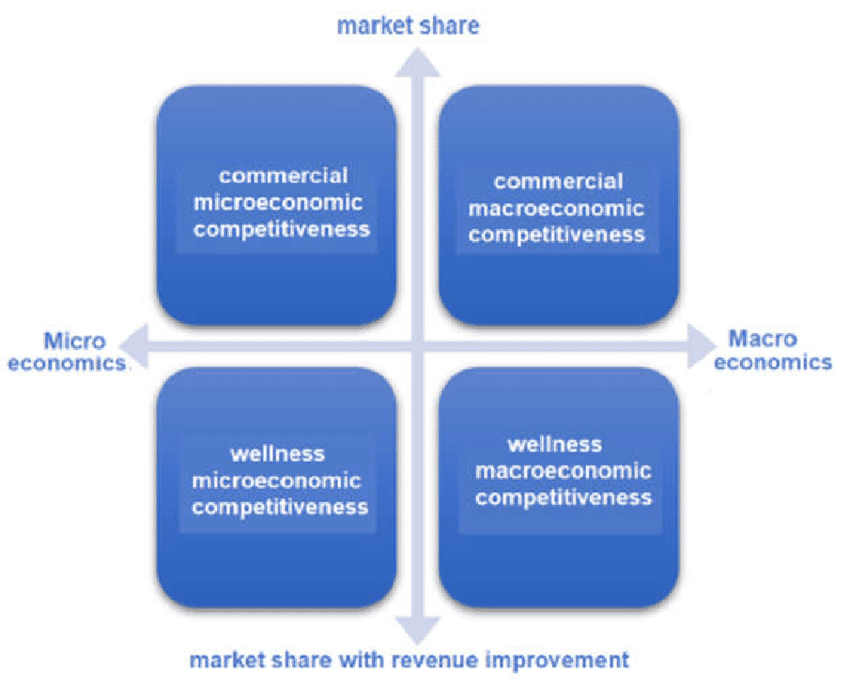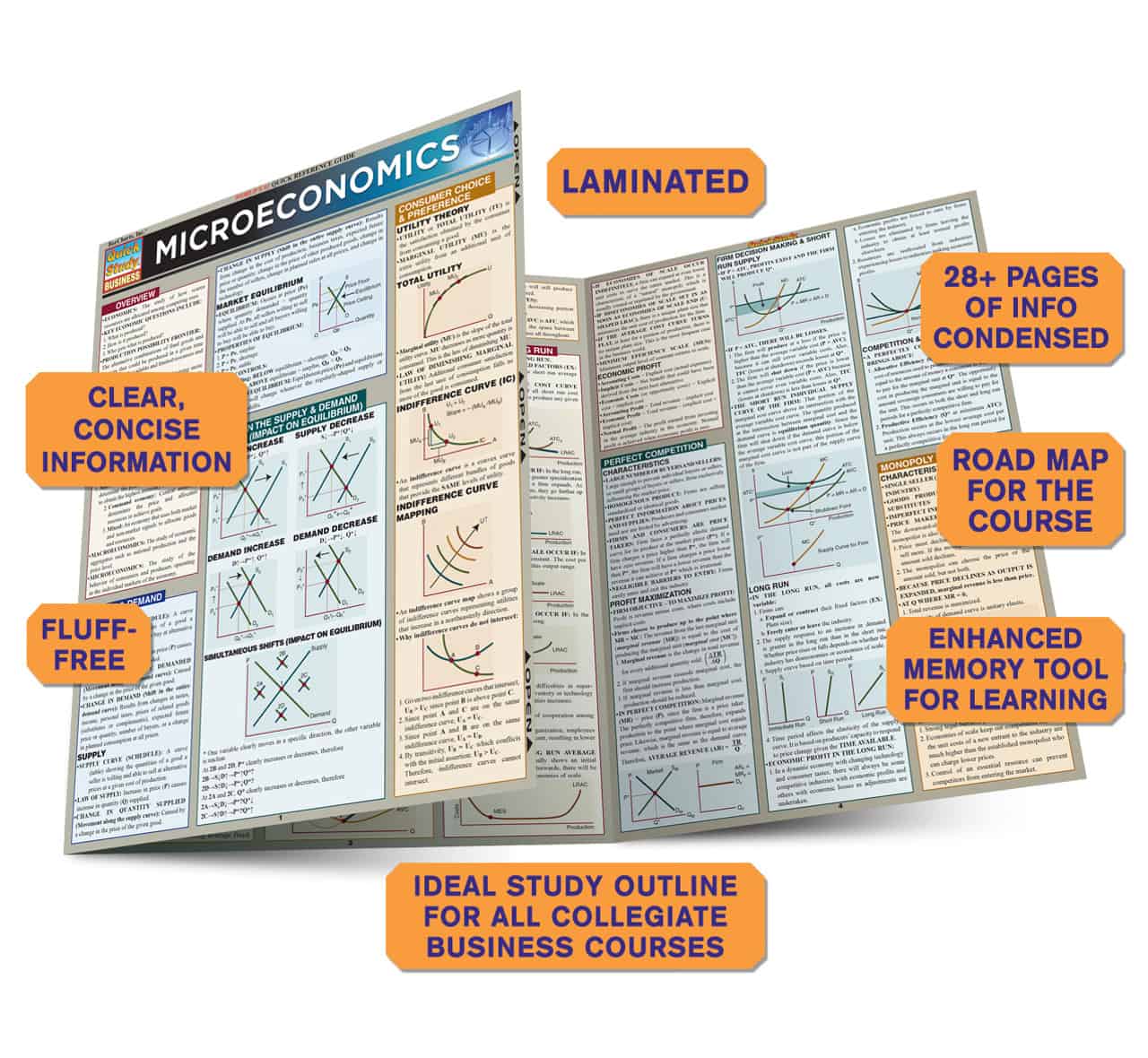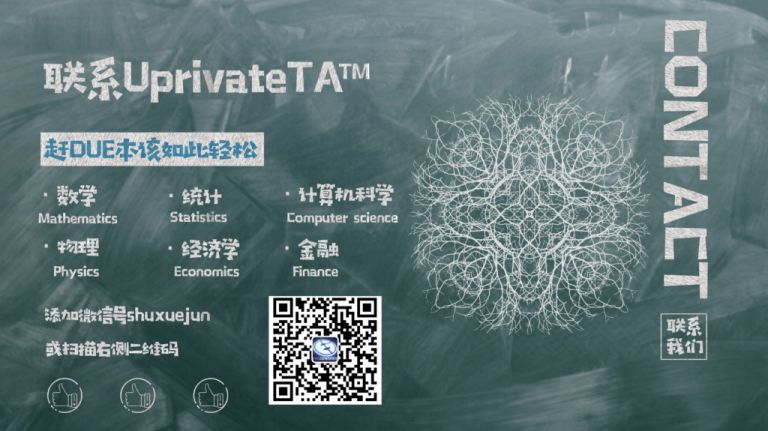如果你也在 怎样代写微观经济学Microeconomics 这个学科遇到相关的难题,请随时右上角联系我们的24/7代写客服。微观经济学Microeconomics是从局部到整体的分析;宏观经济学从整体到局部进行分析。
微观经济学Microeconomics和宏观经济学是密切相关的。整个经济中发生的事情是基于个人决策的,但个人决策是在经济中做出的,只能在宏观背景下理解。例如,企业是否决定扩大生产能力将取决于所有者对其产品需求的预期。这些预期是由宏观经济条件决定的。因为微观经济学关注的是个人,而宏观经济学关注的是整个经济,所以传统上微观经济学和宏观经济学是分开教授的,尽管它们是相互关联的。
statistics-lab™ 为您的留学生涯保驾护航 在代写微观经济学Microeconomics方面已经树立了自己的口碑, 保证靠谱, 高质且原创的统计Statistics代写服务。我们的专家在代写微观经济学Microeconomics代写方面经验极为丰富,各种代写微观经济学Microeconomics相关的作业也就用不着说。

经济代写|微观经济学代写Microeconomics代考|Specialized Production
My discussion of comparative advantage took as a given that one country was inherently more productive than another country in producing certain goods. But when one looks at trading patterns, it’s often not at all clear why particular countries have a productive advantage in certain goods. There’s no inherent reason for Switzerland to specialize in the production of watches or for South Korea to specialize in the production of cars. Much in trade cannot be explained by inherent comparative advantages due to resource endowments. If they don’t have inherent advantages, why are countries and places often so good at producing what they specialize in? Two important explanations are learning by doing and economies of scale.
LEARNING BY DoING Learning by doing means becoming better at a task the more often you perform it. Take watches in Switzerland. Initially production of watches in Switzerland may have been a coincidence; the person who started the watch business happened to live there. But then people in the area became skilled in producing watches. Their skill made it attractive for other watch companies to start up. As additional companies moved in, more and more members of the labor force became skilled at watchmaking and word went out that Swiss watches were the best in the world. That reputation attracted even more producers, so Switzerland became the watchmaking capital of the world. Had the initial watch production occurred in Austria, not Switzerland, Austria might be the watch capital of the world.
When there’s learning by doing, it’s much harder to attribute inherent comparative advantage to a country. One must always ask: Does country A have an inherent comparative advantage, or does it simply have more experience? Once country B gets the experience, will country A’s comparative advantage disappear? If it will, then country $\mathrm{B}$ has a strong reason to limit trade with country $\mathrm{A}$ in order to give its own workers time to catch up as they learn by doing.
ECONOMies OF SCALE In determining whether an inherent comparative advantage exists, a second complication is economies of scale – the situation in which costs per unit of output fall as output increases. Many manufacturing industries (such as steel and autos) exhibit economies of scale. The existence of significant economies of scale means that it makes sense (that is, it lowers costs) for one country to specialize in one good and another country to specialize in another good. But who should specialize in what is unclear. Producers in a country can, and generally do, argue that if only the government would establish barriers, they would be able to lower their costs per unit and eventually sell at lower costs than foreign producers.
Most countries recognize the importance of learning by doing and economies of scale. A variety of trade restrictions are based on these two phenomena. The most common expression of the learning-by-doing and economies-of-scale insights is the infant industry argument, which is that with initial protection, an industry will be able to become competitive. Countries use this argument to justify many trade restrictions. They argue, “You may now have a comparative advantage, but that’s simply because you’ve been at it longer, or are experiencing significant economies of scale. We need trade restrictions on our industry to give it a chance to catch up. Once an infant industry grows up, then we can talk about eliminating the restrictions.”
This infant industry argument also has been used to justify tariffs on new high-tech products such as solar panels. U.S. firms have pushed for tariffs on Chinese solar panels so that they can develop the technology here in the United States rather than have the technology developed in China.
经济代写|微观经济学代写Microeconomics代考|Macroeconomic Costs of Trade
The comparative advantage argument for free trade assumes that a country’s resources are fully utilized. When countries don’t have full employment, imports can decrease domestic aggregate demand and increase unemployment. Exports can stimulate domestic aggregate demand and decrease unemployment. Thus, when an economy is in a recession, there is a strong macroeconomic reason to limit imports and encourage exports. These macroeconomic effects of free trade play an important role in the public’s view of imports and exports. When a country is in a recession, pressure to impose trade restrictions increases substantially. We saw this in 2009 when, faced with the job losses due to the serious recession, there was serious pressure to design programs to keep spending in the United States where it would create jobs and not be spent on imports that would create jobs for other countries.
National Security
Countries often justify trade restrictions on grounds of national security. These restrictions take two forms:
- Export restrictions on strategic materials and defense-related goods.
- Import restrictions on defense-related goods. For example, in a war we don’t want to be dependent on oil from abroad.
For a number of goods, national security considerations make sense. For example, the United States restricts the sale of certain military items to countries that may be fighting the United States someday. The problem is where to draw the line about goods having a national security consideration. Should countries protect domestic agriculture? All high-technology items, since they might be useful in weapons? All chemicals? Steel? When a country makes a national security argument for trade, we must be careful to consider whether a domestic political reason may be lurking behind that argument.
微观经济学代考
经济代写|微观经济学代写Microeconomics代考|Specialized Production
我对比较优势的讨论是假设一个国家在生产某些商品时天生就比另一个国家更有生产力。但是,当人们观察贸易模式时,往往根本不清楚为什么特定国家在某些商品上具有生产优势。瑞士专门生产手表或韩国专门生产汽车并没有内在的原因。很多贸易不能用资源禀赋的内在比较优势来解释。如果它们没有固有的优势,为什么国家和地区往往如此擅长生产它们所擅长的产品?两个重要的解释是边做边学和规模经济。
边做边学意味着你做得越多,你就越擅长一项任务。以瑞士的手表为例。最初在瑞士生产手表可能是一个巧合;开办手表生意的人碰巧就住在那里。但后来,该地区的人们开始熟练地生产手表。他们的技能吸引了其他钟表公司的加入。随着更多的公司进入,越来越多的劳动力熟练地掌握了制表技术,瑞士手表是世界上最好的消息也传开了。这种声誉吸引了更多的生产商,因此瑞士成为世界制表之都。如果最初的手表生产发生在奥地利,而不是瑞士,奥地利可能是世界手表之都。
如果是边做边学,就很难把固有的比较优势归因于一个国家。人们总是要问:A国是有先天的比较优势,还是只是有更多的经验?一旦B国获得经验,A国的比较优势会消失吗?如果是这样,那么B国就有充分的理由限制与a国的贸易,以便给本国工人时间赶上来,因为他们在实践中学习。
在确定是否存在固有的比较优势时,第二个复杂因素是规模经济,即单位产出的成本随着产出的增加而下降的情况。许多制造业(如钢铁和汽车)表现出规模经济。大规模经济的存在意味着一个国家专门生产一种商品,另一个国家专门生产另一种商品是有意义的(也就是说,它降低了成本)。但谁应该专门研究这个领域还不清楚。一个国家的生产商可以(通常也确实会)辩称,只要政府设置壁垒,他们就能降低单位成本,最终以低于外国生产商的价格销售。
大多数国家都认识到在实践中学习和规模经济的重要性。各种贸易限制都是基于这两种现象。“边做边学”和“规模经济”观点最常见的表达方式是幼稚产业的观点,即有了最初的保护,一个行业就能变得有竞争力。各国利用这一论点为许多贸易限制辩护。他们认为,“你现在可能有比较优势,但那只是因为你做的时间更长,或者正在经历显著的规模经济。”我们需要对我们的行业施加贸易限制,让它有机会迎头赶上。一旦一个新兴行业成长起来,我们就可以讨论取消限制了。”
这一新兴产业的论点也被用来为对太阳能电池板等新型高科技产品征收关税辩护。美国公司已经推动对中国太阳能电池板征收关税,这样他们就可以在美国开发技术,而不是在中国开发技术。
经济代写|微观经济学代写Microeconomics代考|Macroeconomic Costs of Trade
支持自由贸易的比较优势理论假设一个国家的资源得到了充分利用。当国家没有充分就业时,进口会降低国内总需求,增加失业率。出口可以刺激国内总需求,降低失业率。因此,当一个经济体陷入衰退时,有一个强有力的宏观经济理由来限制进口和鼓励出口。自由贸易的这些宏观经济效应在公众对进出口的看法中起着重要作用。当一个国家陷入衰退时,施加贸易限制的压力会大大增加。我们在2009年就看到了这一点,当时,面对严重衰退造成的失业,我们面临着巨大的压力,需要制定计划,保持在美国的支出,因为这些支出可以创造就业机会,而不是花在可以为其他国家创造就业机会的进口上。
国家安全
各国常常以国家安全为由为贸易限制辩护。这些限制有两种形式:
对战略物资和国防相关货物的出口限制。
对国防相关商品的进口限制。例如,在战争中,我们不想依赖国外的石油。
对于许多商品,出于国家安全考虑是有道理的。例如,美国限制向有朝一日可能与美国作战的国家出售某些军事物品。问题在于,在涉及国家安全的商品方面,该如何划清界限。各国应该保护国内农业吗?都是高科技产品,因为它们可能在武器中有用?所有化学物质?钢?当一个国家以国家安全为由为贸易辩护时,我们必须仔细考虑这一论点背后是否潜藏着国内政治原因。
统计代写请认准statistics-lab™. statistics-lab™为您的留学生涯保驾护航。
金融工程代写
金融工程是使用数学技术来解决金融问题。金融工程使用计算机科学、统计学、经济学和应用数学领域的工具和知识来解决当前的金融问题,以及设计新的和创新的金融产品。
非参数统计代写
非参数统计指的是一种统计方法,其中不假设数据来自于由少数参数决定的规定模型;这种模型的例子包括正态分布模型和线性回归模型。
广义线性模型代考
广义线性模型(GLM)归属统计学领域,是一种应用灵活的线性回归模型。该模型允许因变量的偏差分布有除了正态分布之外的其它分布。
术语 广义线性模型(GLM)通常是指给定连续和/或分类预测因素的连续响应变量的常规线性回归模型。它包括多元线性回归,以及方差分析和方差分析(仅含固定效应)。
有限元方法代写
有限元方法(FEM)是一种流行的方法,用于数值解决工程和数学建模中出现的微分方程。典型的问题领域包括结构分析、传热、流体流动、质量运输和电磁势等传统领域。
有限元是一种通用的数值方法,用于解决两个或三个空间变量的偏微分方程(即一些边界值问题)。为了解决一个问题,有限元将一个大系统细分为更小、更简单的部分,称为有限元。这是通过在空间维度上的特定空间离散化来实现的,它是通过构建对象的网格来实现的:用于求解的数值域,它有有限数量的点。边界值问题的有限元方法表述最终导致一个代数方程组。该方法在域上对未知函数进行逼近。[1] 然后将模拟这些有限元的简单方程组合成一个更大的方程系统,以模拟整个问题。然后,有限元通过变化微积分使相关的误差函数最小化来逼近一个解决方案。
tatistics-lab作为专业的留学生服务机构,多年来已为美国、英国、加拿大、澳洲等留学热门地的学生提供专业的学术服务,包括但不限于Essay代写,Assignment代写,Dissertation代写,Report代写,小组作业代写,Proposal代写,Paper代写,Presentation代写,计算机作业代写,论文修改和润色,网课代做,exam代考等等。写作范围涵盖高中,本科,研究生等海外留学全阶段,辐射金融,经济学,会计学,审计学,管理学等全球99%专业科目。写作团队既有专业英语母语作者,也有海外名校硕博留学生,每位写作老师都拥有过硬的语言能力,专业的学科背景和学术写作经验。我们承诺100%原创,100%专业,100%准时,100%满意。
随机分析代写
随机微积分是数学的一个分支,对随机过程进行操作。它允许为随机过程的积分定义一个关于随机过程的一致的积分理论。这个领域是由日本数学家伊藤清在第二次世界大战期间创建并开始的。
时间序列分析代写
随机过程,是依赖于参数的一组随机变量的全体,参数通常是时间。 随机变量是随机现象的数量表现,其时间序列是一组按照时间发生先后顺序进行排列的数据点序列。通常一组时间序列的时间间隔为一恒定值(如1秒,5分钟,12小时,7天,1年),因此时间序列可以作为离散时间数据进行分析处理。研究时间序列数据的意义在于现实中,往往需要研究某个事物其随时间发展变化的规律。这就需要通过研究该事物过去发展的历史记录,以得到其自身发展的规律。
回归分析代写
多元回归分析渐进(Multiple Regression Analysis Asymptotics)属于计量经济学领域,主要是一种数学上的统计分析方法,可以分析复杂情况下各影响因素的数学关系,在自然科学、社会和经济学等多个领域内应用广泛。
MATLAB代写
MATLAB 是一种用于技术计算的高性能语言。它将计算、可视化和编程集成在一个易于使用的环境中,其中问题和解决方案以熟悉的数学符号表示。典型用途包括:数学和计算算法开发建模、仿真和原型制作数据分析、探索和可视化科学和工程图形应用程序开发,包括图形用户界面构建MATLAB 是一个交互式系统,其基本数据元素是一个不需要维度的数组。这使您可以解决许多技术计算问题,尤其是那些具有矩阵和向量公式的问题,而只需用 C 或 Fortran 等标量非交互式语言编写程序所需的时间的一小部分。MATLAB 名称代表矩阵实验室。MATLAB 最初的编写目的是提供对由 LINPACK 和 EISPACK 项目开发的矩阵软件的轻松访问,这两个项目共同代表了矩阵计算软件的最新技术。MATLAB 经过多年的发展,得到了许多用户的投入。在大学环境中,它是数学、工程和科学入门和高级课程的标准教学工具。在工业领域,MATLAB 是高效研究、开发和分析的首选工具。MATLAB 具有一系列称为工具箱的特定于应用程序的解决方案。对于大多数 MATLAB 用户来说非常重要,工具箱允许您学习和应用专业技术。工具箱是 MATLAB 函数(M 文件)的综合集合,可扩展 MATLAB 环境以解决特定类别的问题。可用工具箱的领域包括信号处理、控制系统、神经网络、模糊逻辑、小波、仿真等。

